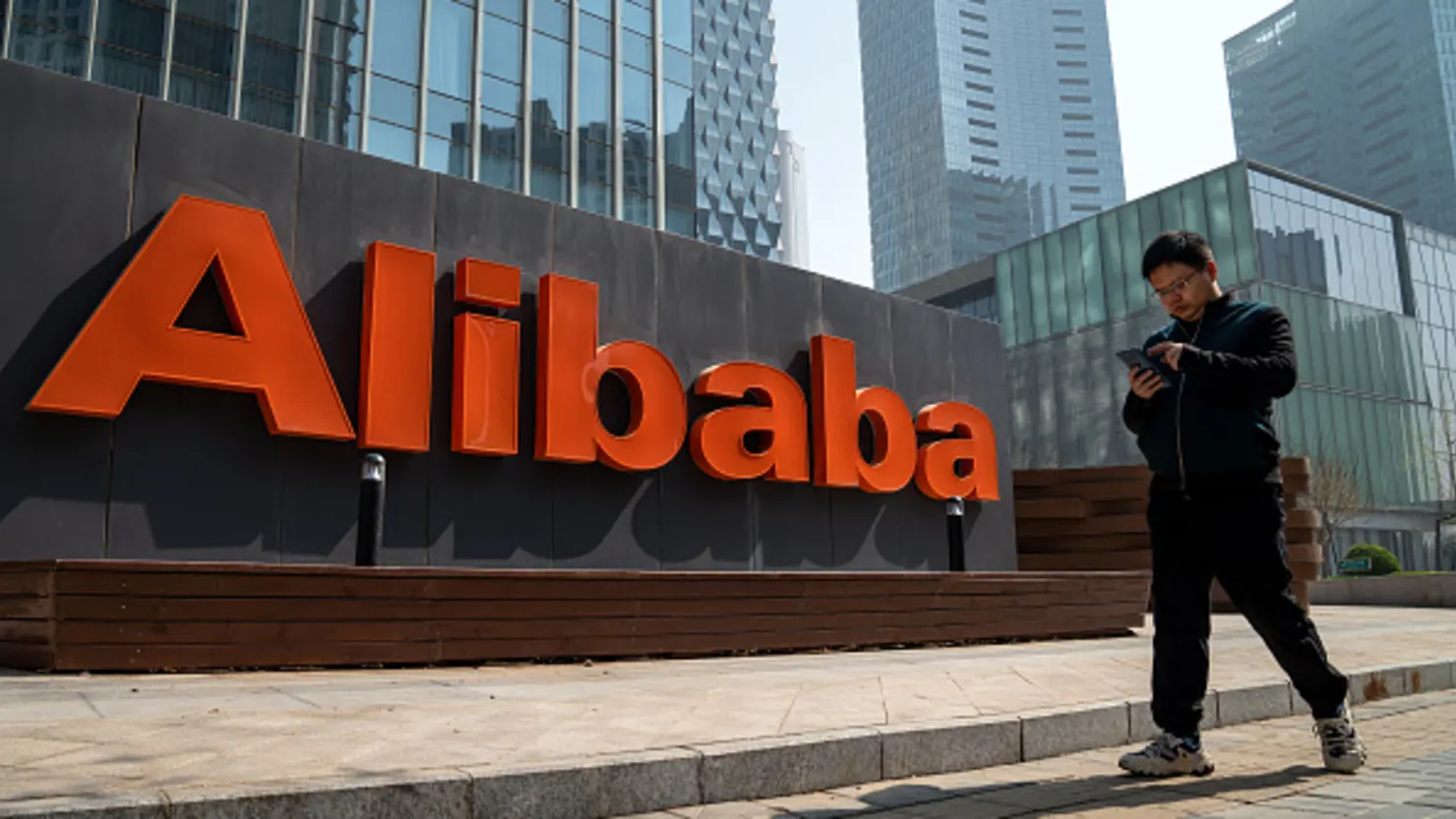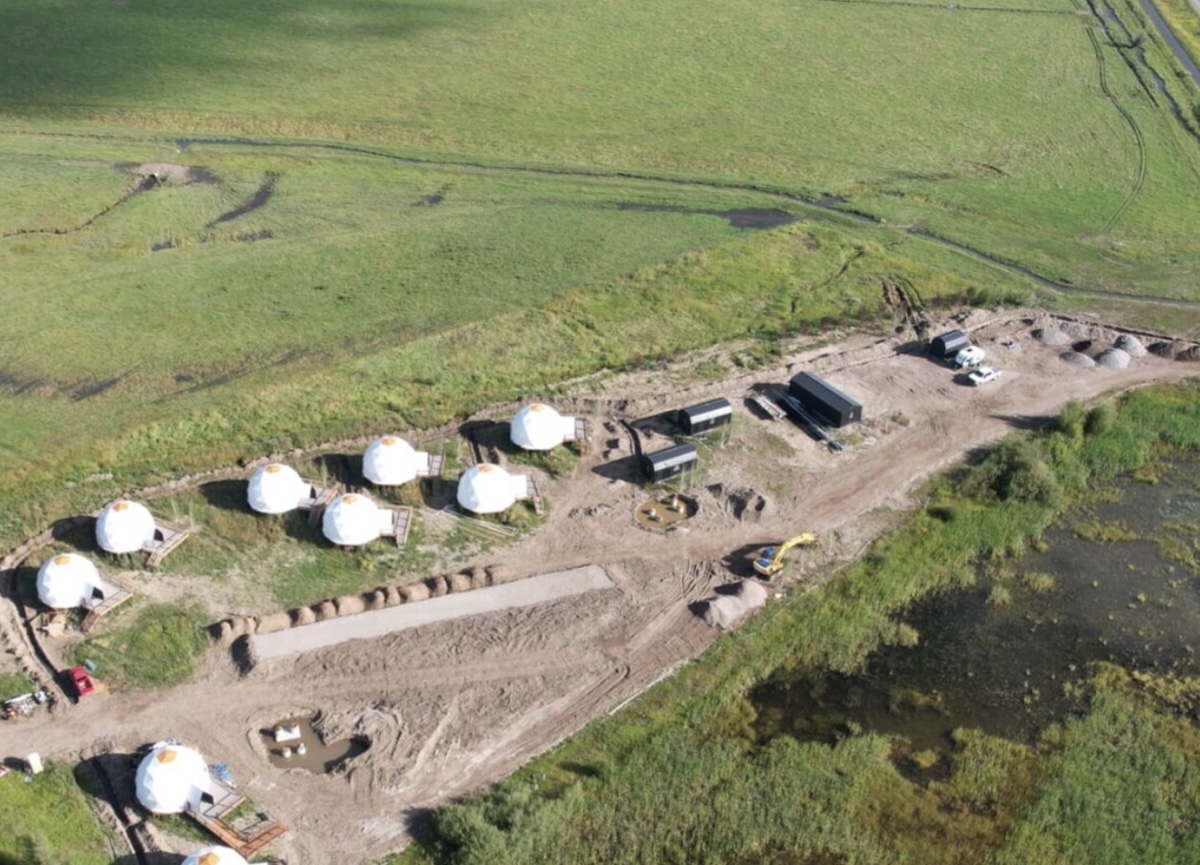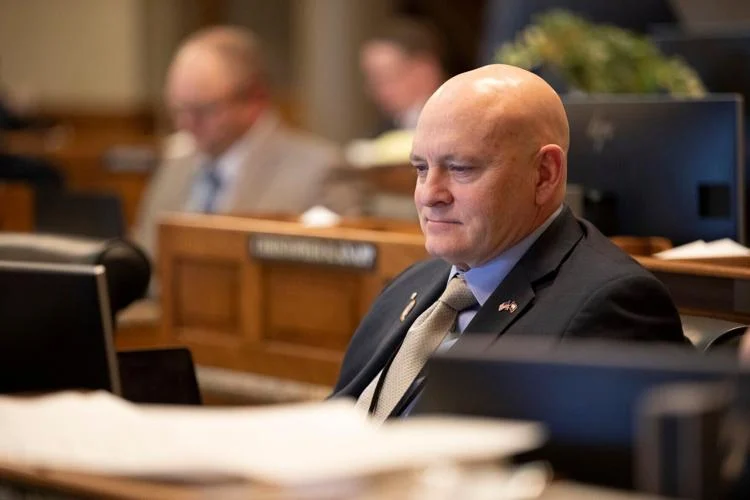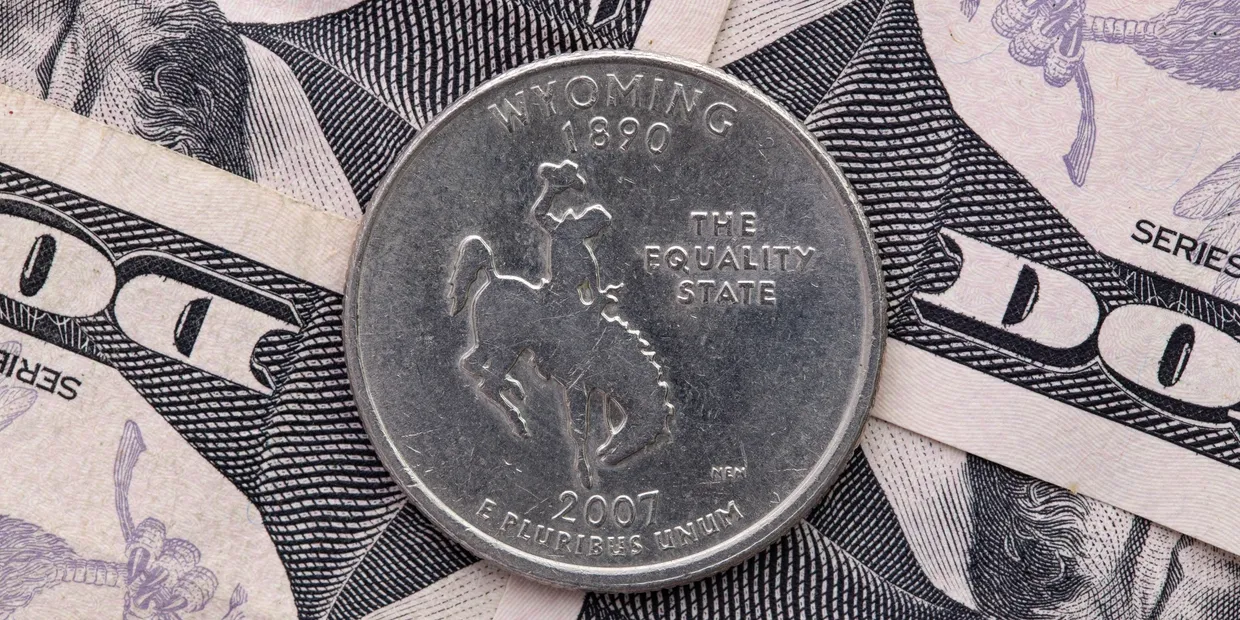Surge of International Investors at Saudi Arabia’s Economic Conference Amidst Tightened Financial Conditions
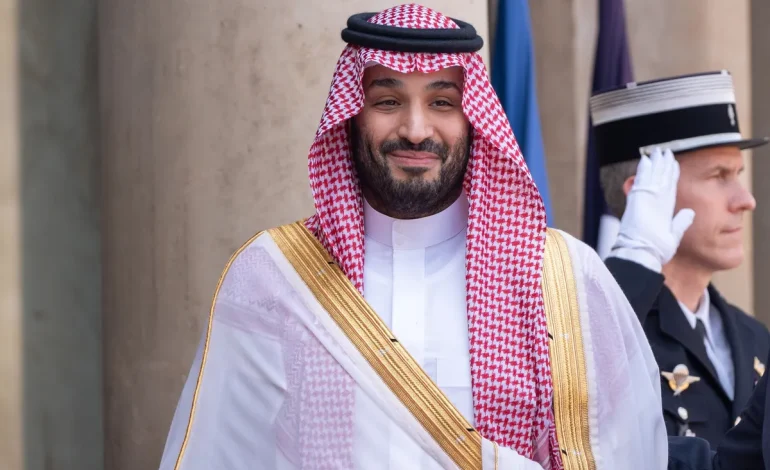
Thousands of financiers, founders, and investors are expected to gather in Riyadh for the eighth edition of the Future Investment Initiative (FII), Saudi Arabia’s premier economic conference and a pivotal component of the kingdom’s Vision 2030 strategy to modernize and diversify its economy.
However, the landscape for foreign investment is shifting as the kingdom emphasizes domestic capital projects while implementing stricter conditions for outside investors.
In recent years, the FII has been seen as a lucrative opportunity for accessing Saudi capital. This year, however, fund managers have reported a marked increase in competition for attracting investment from the kingdom. Omar Yacoub, a partner at ABS Global, highlighted the heightened challenges for foreign investors, noting that the Saudi investment environment has become more selective and competitive.
Saudi Arabia’s focus on domestic investment has led to the introduction of stringent conditions for foreign entities seeking to operate within the kingdom. The Public Investment Fund (PIF), the kingdom’s sovereign wealth fund, has experienced significant growth, with assets rising 29% to approximately $765 billion in 2023, primarily driven by local investments. Despite ambitious goals of achieving $100 billion in annual foreign direct investment by 2030, actual figures have fallen short, averaging around $12 billion annually since the launch of Vision 2030.
Investment strategies are also evolving, as experts emphasize the need for foreign investors to contribute to the local ecosystem beyond mere financial transactions. Fadi Arbid, a founding partner at Amwal Capital Partners, explained that investments now must demonstrate added value through job creation, talent development, and contributions to the Saudi capital markets.
As oil prices continue to decline and the kingdom enacts production cuts in line with OPEC+ agreements, financial discipline is increasingly important. The fiscal breakeven price for Saudi oil has risen sharply, reflecting the rising costs associated with ambitious projects like NEOM. In light of these factors, investors are reporting that Saudi Arabia is not as financially robust as it was two years ago, although the kingdom remains a key player with substantial resources.
In the context of rising regional tensions, including recent military escalations between Israel and Iran, the FII conference will unfold amid a backdrop of geopolitical uncertainty. Despite these challenges, many high-profile figures from the finance and technology sectors are scheduled to attend, including executives from Goldman Sachs, Citigroup, and BlackRock.

